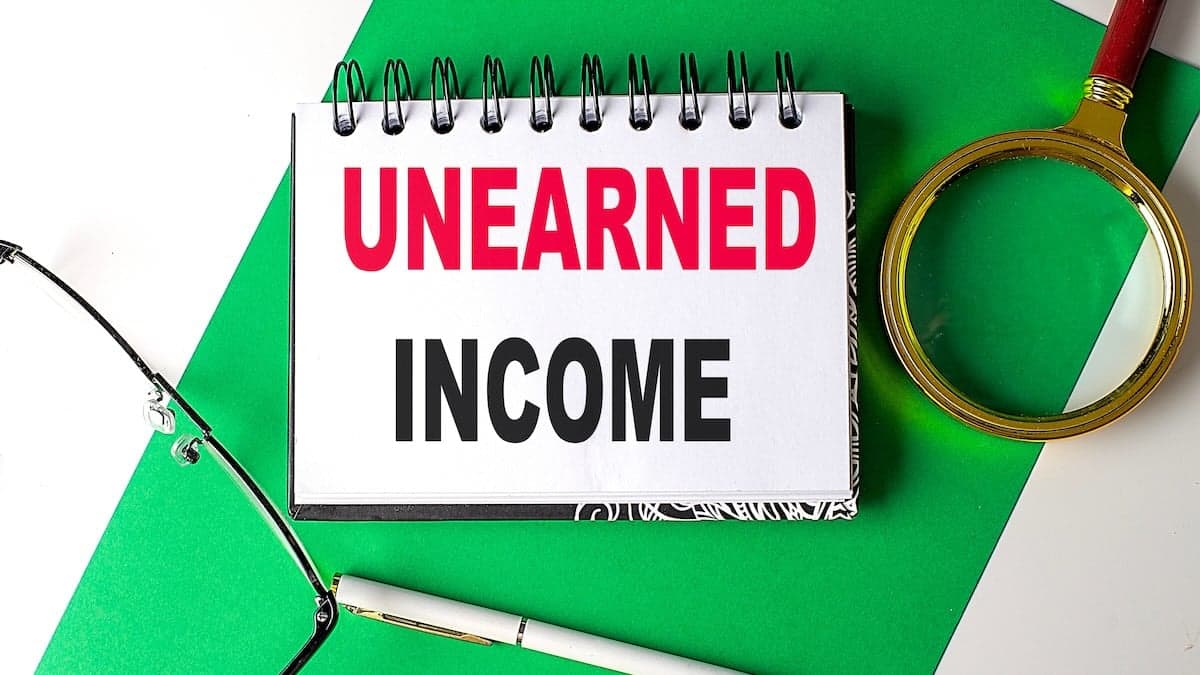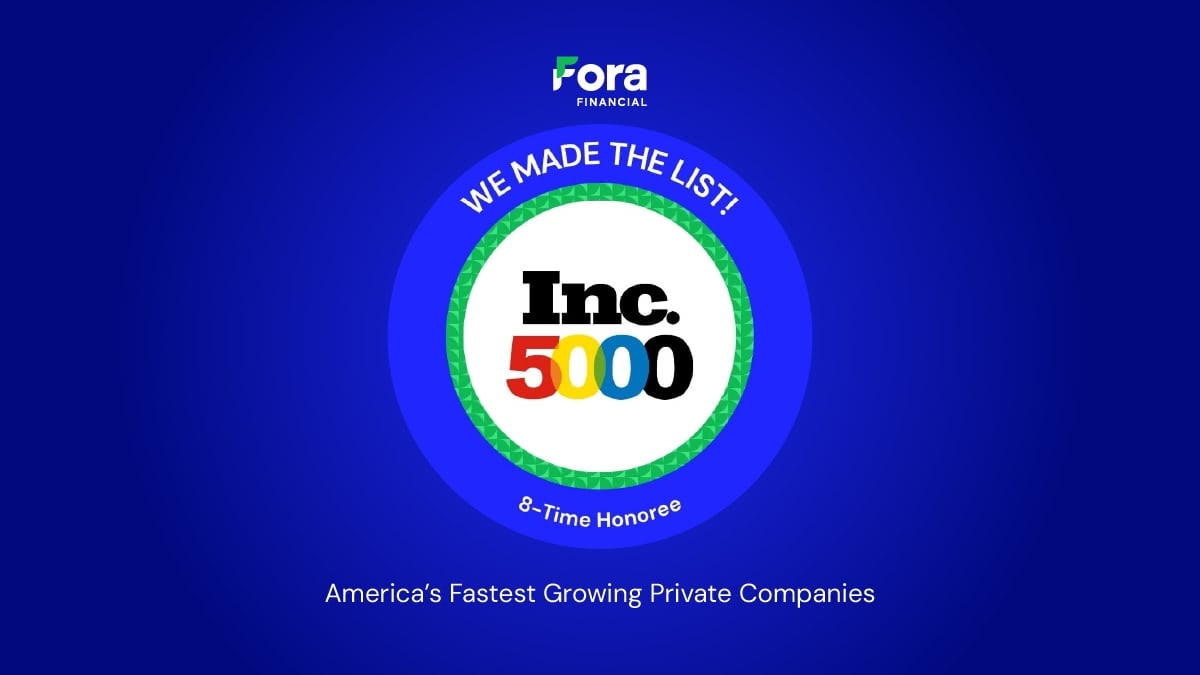What Is Unearned Revenue? An Asset or Liability?

When you provide goods or services, you get paid. That's revenue. But when you get paid before you actually provide the goods or services, you're collecting unearned revenue. And there's nothing wrong with that: Many retailers and services provide at least some of their offerings upon payment or soon thereafter. It's common for businesses such as:
Online retailers. You typically pay for a product upfront, or perhaps once it's shipped out to you. In either case, the retailer has collected unearned revenue until you've received your order.
Hospitality companies. Hotels, resorts, airlines, and travel agencies often require payment for bookings in advance of your departure or arrival date.
Subscription services and pre-paid service providers. You pay for a magazine, newspaper, meal-delivery service, or other type of subscription before receiving it. Your payment provides unearned revenue for the provider. As the business delivers the pre-paid product or service over time, It records these deliveries on its balance sheet as revenue.
Here's an example: If you offer a monthly meal delivery service at $500 per month and ask for an annual upfront payment of $6,000, you'd post $500 in income at the end of January. The other $5,500 is unearned; it will convert to revenue at a rate of $500 per month throughout the year.
Unearned revenue is considered a liability.
Unearned revenue is classified as a short-term liability on your balance sheet, since you've received the funds for a product or service you haven't delivered. However, once you do deliver, the liability becomes revenue. But if you do not provide the goods or services for more than a year after the prepayment date, your unearned revenue becomes a long-term liability.
One typically unforeseen downside of unearned revenue is how it can affect your credit profile. Unearned revenue shows as a liability on your balance sheet. Therefore, it may increase your debt-to-equity ratio. And with a relatively higher amount of debt on paper, you could find it harder to secure business financing when you need it.
…But it's also an asset.
Unearned revenue can:
Improve your cash flow. Cash is king when owning a successful small business. It's what covers your expenses and helps you out during slow seasons. Upfront payments can make it easier to keep a positive cash flow and stay afloat during slow periods.
Increase your amount of working capital. If you're just starting out, you may be depending on a bank loan or other source of working capital to maintain your overhead. But if your customers pay you sooner, you may be able to increase your working capital without borrowing cash. (What's more, your clients won't charge you interest.)
Satisfy your customers. Many customers prefer making upfront payments. It helps them manage cash flow and shows their confidence in your business. And if you offer prepayment discounts, they may also save some money.
Consider the pitfalls of mismanaging unearned income.
Poorly managed unearned revenue can create serious financial issues down the line if you:
Become overly reliant on advance payments to cover current expenses;
Burn through advance payments before it's time to deliver the goods or services;
Feel pressured to rush deliveries as promised, potentially lowering quality control;
Fail to keep accurate records. For example, reporting revenue prematurely can overstate your income and create tax issues.
Fail to deliver goods or services (or refunds). Doing this may damage your professional and personal reputation.
Put these best practices in place to ensure unearned income works for you:
Implement a strong cash flow management strategy. If you don't feel you can do this on your own, work with a mentor or your accountant.
Track and recognize revenue carefully as it transitions from "unearned" to "earned."
Plan the timing of your prepaid goods/service deliveries with cash flow in mind.
With unearned income on the books, you can try new ways to serve your customers and grow your business. But just be sure to keep a sharp eye on your future expenses, while remembering that revenue isn't truly revenue until you've earned it.
Since 2008, Fora Financial has distributed $4 billion to 55,000 businesses. Click here or call (877) 419-3568 for more information on how Fora Financial's working capital solutions can help your business thrive.







